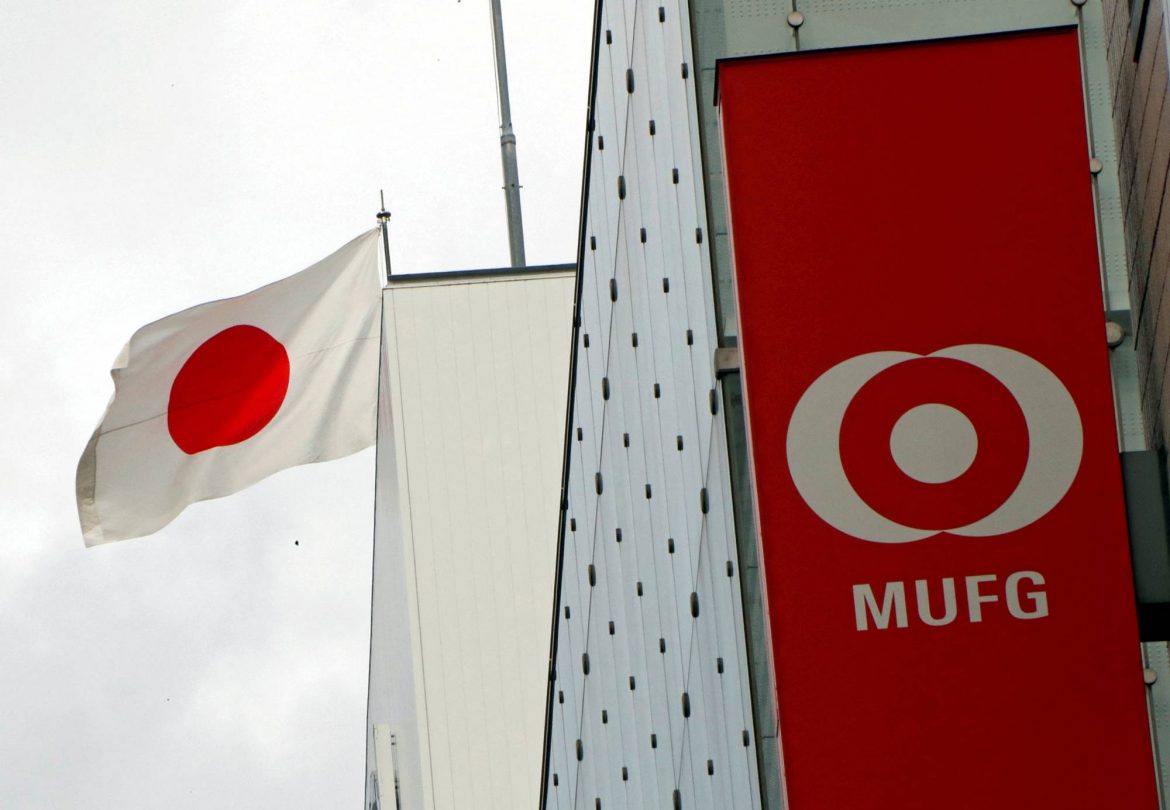Japan’s top three banks are now been pressured to cut financing linked to fossil fuels by a coalition of climate groups, who are pushing for them to file shareholder resolutions to be voted on at the companies’ annual general meetings in June, sources said on Monday.
Megabanks Mitsubishi UFJ Financial, Sumitomo Mitsui Financial Group, and Mizuho Financial Group who are all key to financing oil and gas projects, are been targeted by the groups, said the sources, who declined to be identified as the information is not yet public.
This renewed coordinated effort by the groups marks a step up from the past three years, when climate groups targeted one megabank each year. They are now calling simultaneously for action by the Japanese banks, seen as lagging their global peers in efforts to slash carbon emissions.
Led by Australia’s Market Forces and Japan’s Kiko Network, the fresh push comes as institutional investors are increasingly pressing companies to do more to fight global warming.
Tokyo Electric Power, Chubu Electric Power and Mitsubishi Corp will also face shareholder proposals from the same coalition, which includes representatives of Friends of the Earth Japan and Rainforest Action Network.
Shareholder activism on climate change has been gaining momentum in Japan since 2020, when Mizuho was the first listed company in the country to hold a climate-related vote.
Pressure from these proposals has prompted some policy changes at targeted companies even though similar resolutions were voted down last year by shareholders at Tokyo Electric, Chubu Electric, Mitsubishi Corp and Sumitomo Mitsui Financial.
The megabanks, for example, have pledged to cease funding for new thermal coal projects in recent years amid greater pressure.
Hurdles are high for the climate resolutions because they commonly take the form of proposals to amend the articles of incorporation of a company under Japanese corporate law, which requires a two-thirds majority. In previous votes, climate resolutions have received up to 35% support.
Climate activists are critical of the banks’ transition plans that partly rely on technologies which they say are unproven, such as coal co-firing with ammonia and carbon capture and have been promoted by the Japanese government as ways to reduce carbon emissions from coal- and gas-fired power generation.
Story was adapted from Reuters.
